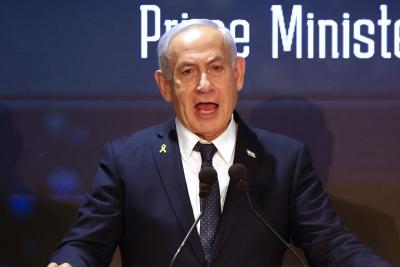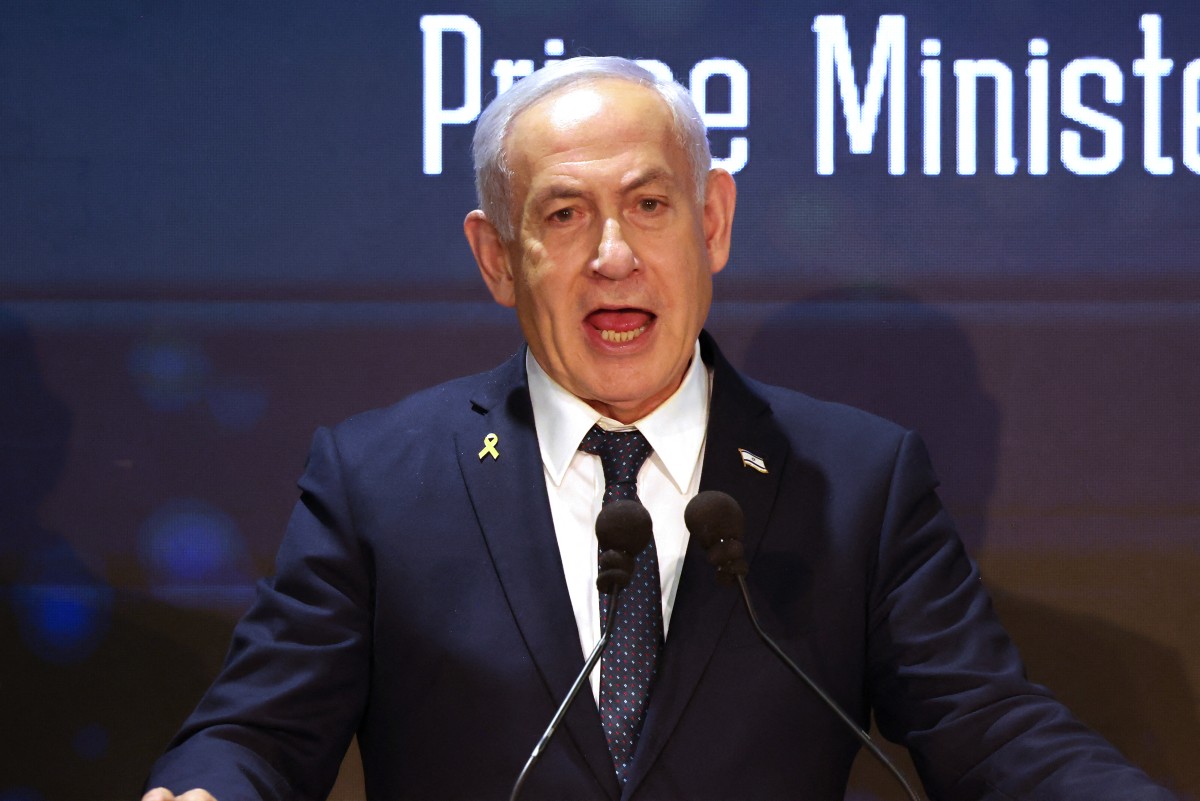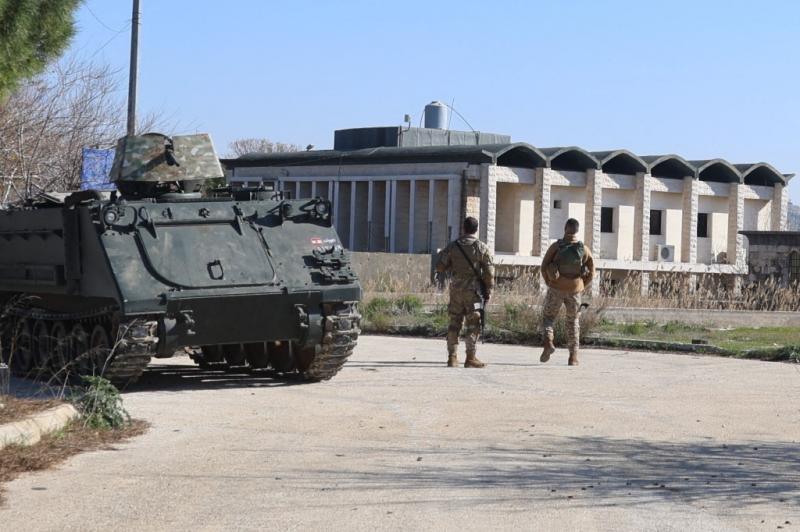Israeli Prime Minister Benjamin Netanyahu is currently experiencing one of the strongest phases of his political career, having recently secured two major domestic victories that have significantly strengthened his position in the face of widespread political and public opposition.
The first of these wins was the approval of the national budget—failure to pass it would have brought down his government. The second was the Knesset’s endorsement of a bill to reshape the committee responsible for selecting judges. Although this bill still faces potential legal challenges, the move marks a symbolic culmination of Netanyahu’s long-running battle to curb the powers of the judiciary—a campaign he and his coalition have pursued for over two years under the banner of “judicial reform.”
Netanyahu's right-wing coalition holds a narrow but stable majority, with just 67 seats in the 120-member Knesset. His government’s survival hinges on far-right allies Itamar Ben Gvir and Bezalel Smotrich. While the alliance may not be robust, it remains firmly in place.
With his grip tightening on the judiciary, following similar moves in the military, Netanyahu now appears to be targeting other security institutions. His feud with Shin Bet (Shabak) chief Ronen Bar—who reportedly holds compromising information related to Netanyahu’s corruption scandals, including the so-called “Qatar-gate”—is far from over. Also in his sights is Attorney General Gali Baharav-Miara.
Yet, despite internal and external opposition, nothing seems to slow Netanyahu’s momentum. He has mastered the art of leveraging military conflicts abroad to rally domestic support, while turning internal political fights into tools for international diplomacy and distraction.
Looking ahead, Netanyahu appears poised to continue waging wars beyond Israel’s borders—whether in Gaza, the West Bank, Syria, Lebanon, or even Yemen. These external fronts serve a dual purpose: solidifying his hold on power and delaying his prosecution on charges of bribery, breach of trust, and fraud. Through sheer political savvy and personal charisma, he has successfully stalled judicial proceedings while strengthening his ruling coalition.
Throughout it all, Netanyahu continues to play up existential threats to Israel, invoking antisemitism and the specter of a multi-front war. He repeatedly references seven active battlefronts, aiming to evoke sympathy from a nervous Israeli public and deflect attention from a deepening economic crisis—without ever being held accountable.
Meanwhile, the opposition finds itself in disarray. An ideologically fragmented mix of right, center, and left-leaning factions, it lacks a unifying leader of Netanyahu’s stature. While it holds some political cards, it cannot afford to wait until the next scheduled election in October 2026 to challenge his rule.
Some opposition figures are now considering ramping up popular protest and civil disobedience, tapping into unrest within the military—especially among reservists. These tensions have fueled fears, even among seasoned Israeli politicians, of looming internal chaos or even civil war. Ironically, such instability could end up benefiting Netanyahu by portraying the opposition in a negative light.
In recent weeks, opposition voices have grown louder, accusing the military and intelligence agencies—including Shin Bet—of violent overreach not just against Palestinians but also against Israelis. Such claims paint a picture of Israel drifting toward authoritarianism and contradict its image as a modern, democratic state. Israeli media, too, has intensified its criticism of the Gaza war, calling for a return to democratic values, an end to Palestinian bloodshed, and the restoration of moral and legal norms in Israel’s conduct during wartime.
Yet amid Netanyahu’s constant references to seven military fronts, he conspicuously omits the most crucial one: the internal front. This domestic battlefield, shaped by political polarization and institutional power struggles, poses the greatest challenge to his leadership—and will ultimately determine his future.
For this reason, Netanyahu has no real incentive to seek peace abroad. On the contrary, he thrives on sustained conflict. His government continues to obstruct any serious diplomatic resolution in Gaza, preferring a dual strategy: endless indirect negotiations through American, Egyptian, or Qatari intermediaries on one hand, and relentless military pressure, assassinations, and reoccupation efforts on the other. This approach, spearheaded by Defense Minister Yisrael Katz—Netanyahu’s close ally—explains Israel’s continued military advances and gradual territorial gains.
In Netanyahu’s political calculations, war is not a failure of diplomacy but a tool of survival.
 French
French













